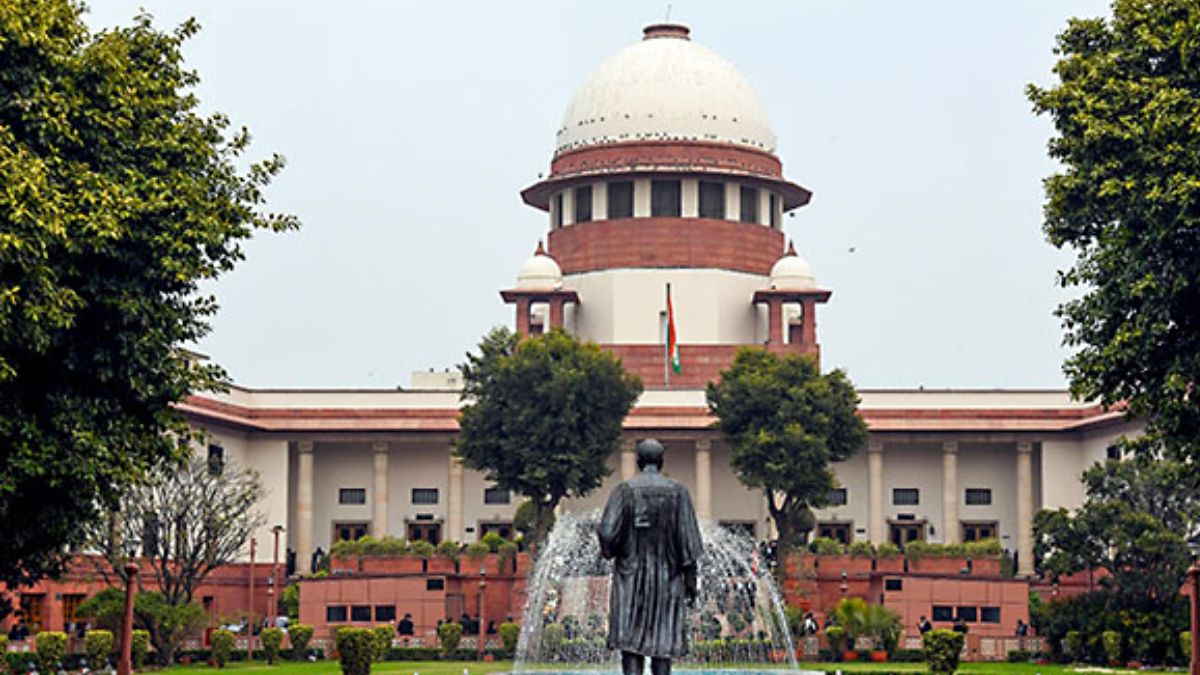The Supreme Court has issued notice to respondents in a case challenging the Patna High Court’s decision to overturn the Bihar government’s legislation increasing reservations from 50% to 65%. The apex court’s decision to issue notice follows its refusal to stay the Patna High Court order in July. This move opens the door for a full-fledged hearing on the matter and potentially a significant legal battle over reservation policies in the state.
Background of the Case
The case revolves around two key acts: the Bihar Reservation of Vacancies in Posts and Services (Amendment) Act, 2023, and the Bihar (In Admission in Educational Institutions) Reservation (Amendment) Act, 2023. These amendments were introduced by the Nitish Kumar government to enhance reservation quotas from 50% to 65% for various categories including Scheduled Castes (SC), Scheduled Tribes (ST), Extremely Backward Classes (EBC) and Backward Classes (BC).
This decision was based on the findings of a caste census conducted in Bihar, which aimed to assess the exact proportion of different caste groups within the state. However, the Patna High Court struck down these amendments in June, deeming them unconstitutional and in violation of Articles 14, 15, and 16 of the Indian Constitution, which guarantee equality before the law, prohibit discrimination on the basis of caste, and ensure equality of opportunity in public employment respectively.
Legal Contentions
The RJD, a political party in Bihar, has challenged the High Court’s ruling arguing that the amendments are justified and within the framework of the constitution. They maintain that increasing reservations is crucial for social justice and representation of marginalized communities. Their plea emphasizes the importance of recognizing the caste-based social realities within Bihar and the need to redress historical imbalances through appropriate affirmative action measures.
Conversely, opponents of the increased reservations, including those who may be adversely impacted by the new quotas, contend that exceeding the 50% ceiling on reservation violates the principle of equality and opens up opportunities for preferential treatment, potentially undermining meritocracy.
Arguments in Favor of the Increased Reservation Policy
Supporters of the enhanced reservation policies point to several factors:
1. Social Justice and Equality
Proponents argue that reservation policies, while not a perfect solution, are necessary to ensure social justice and redress historical inequalities faced by certain communities. They emphasize that the 50% ceiling is arbitrary and does not consider the evolving socio-economic realities of diverse caste groups in India.
2. Caste Census Findings
The Caste Census findings in Bihar provide data that supports the need for adjusting reservation quotas to better reflect the actual proportions of different caste groups within the state. This data-driven approach, proponents contend, strengthens the case for tailored reservation policies.
3. Empowerment of Marginalized Communities
Increased reservations can enable greater access to education and employment opportunities for historically marginalized communities. This, in turn, can lead to their economic and social empowerment, creating a more equitable and inclusive society.
Arguments Against Increased Reservation Policy
Opponents of increasing reservation policies cite various concerns:
1. Meritocracy and Efficiency
Critics argue that exceeding the 50% reservation ceiling jeopardizes meritocracy and the principle of equal opportunity for all individuals. They maintain that awarding positions solely based on caste affiliation can undermine efficiency and potentially lead to the selection of unqualified candidates.
2. Constitutionality
Opponents highlight that Article 16(4) of the Indian Constitution sets a 50% limit on reservation quotas. They argue that the Supreme Court’s interpretation of this provision has consistently maintained that exceeding this limit undermines the principle of equality.
3. Social Division and Polarization
Critics warn that escalating reservation quotas may lead to increased social divisions and polarization. They express concern that this could further exacerbate caste tensions and potentially create a sense of resentment and discrimination amongst those excluded from the benefits of reservation policies.
Implications of the Supreme Court’s Decision
The Supreme Court’s decision to issue notice and hear the case fully signifies the significance of the issue. This case could potentially reshape the understanding of reservation policies in India. Here are some potential implications:
- Legal Interpretation of Reservation: The case offers an opportunity for the Supreme Court to re-examine and possibly redefine the existing legal framework for reservation policies in light of the complexities of social realities and evolving needs.
- Balancing Competing Rights: The Court will have to address the delicate balancing act between ensuring social justice for disadvantaged communities and upholding the principle of equality for all citizens.
- Political Impact: The Supreme Court’s decision will undoubtedly have significant political implications, especially in Bihar and other states where similar reservation policies are under consideration.
Takeaways
The Supreme Court’s decision to hear the challenge to the Bihar government’s increased reservation policy signals the importance of this issue. It also reflects the complex legal and social issues surrounding reservation policies in India. The Supreme Court’s final verdict will likely have significant ramifications for social justice and affirmative action initiatives in the country. This case will serve as a landmark decision in understanding and applying reservation policies for marginalized communities in India. It will require careful consideration of multiple arguments and potential implications for achieving a just and equitable society.









